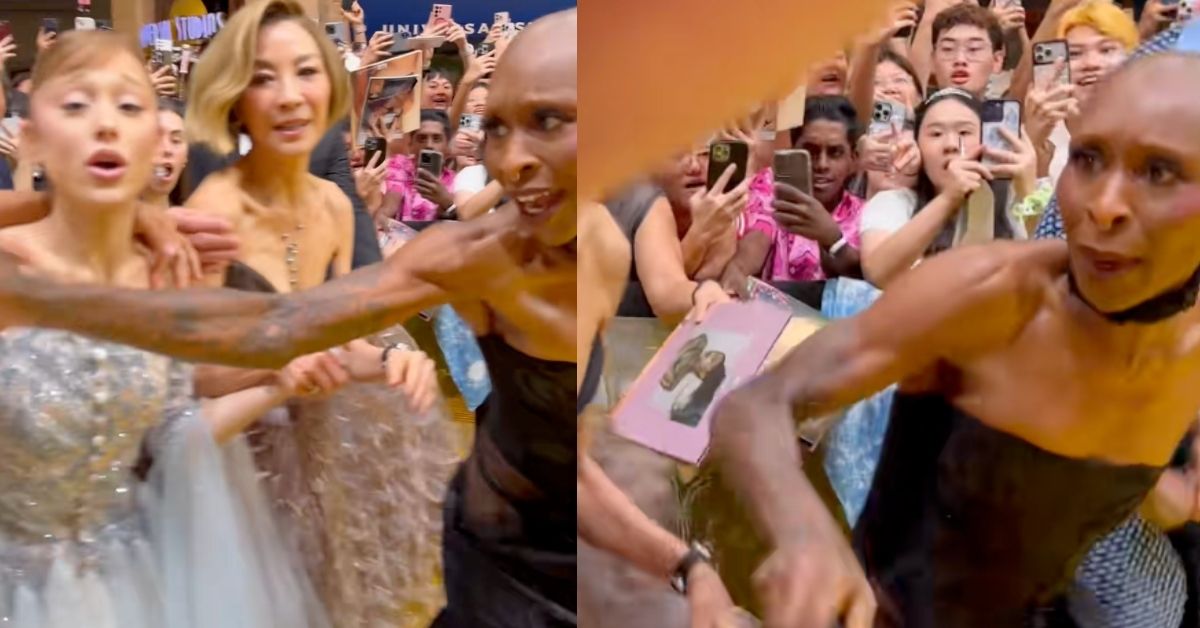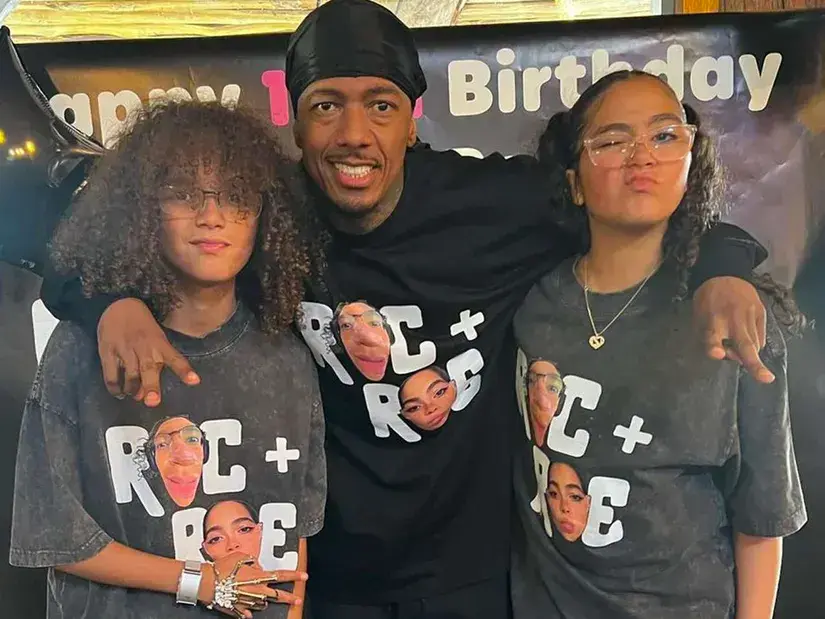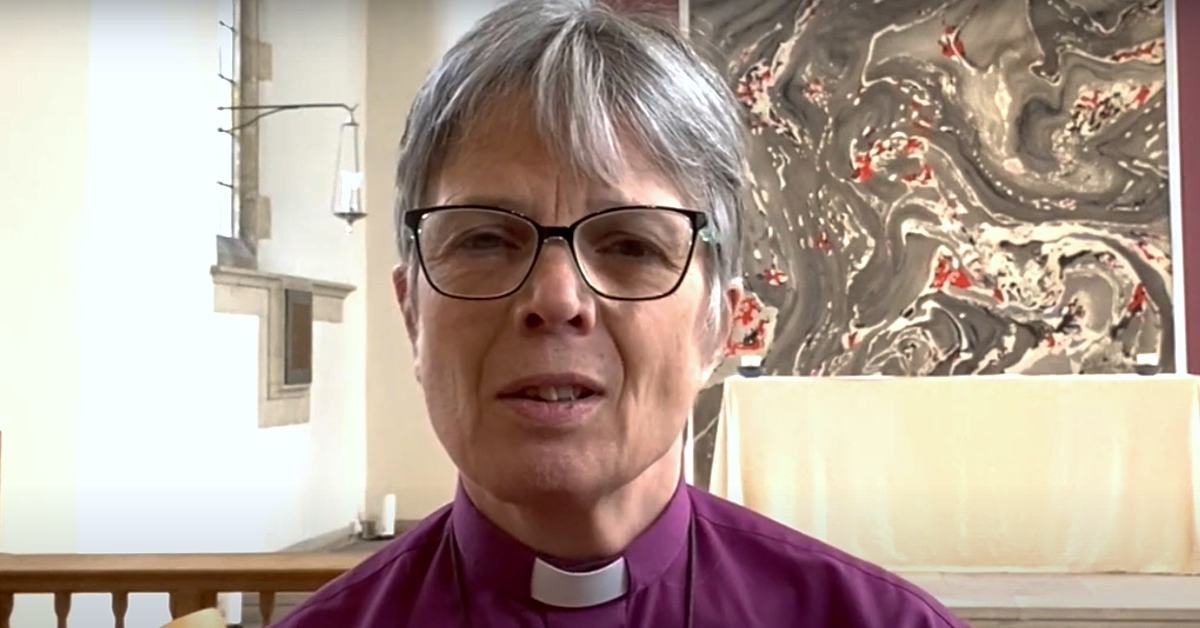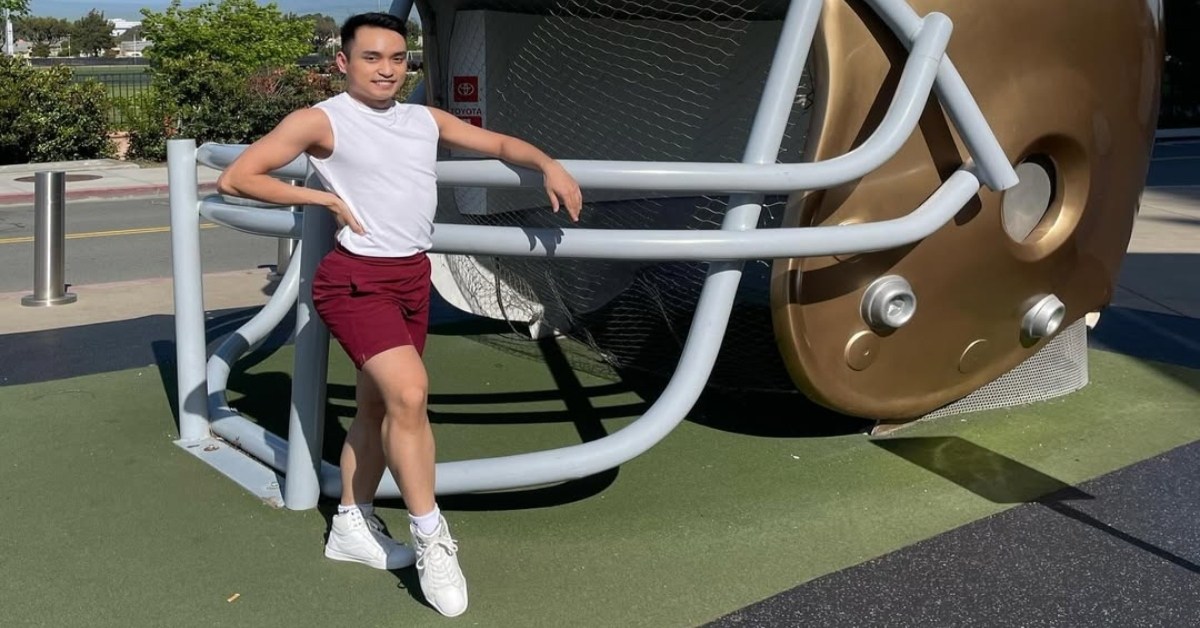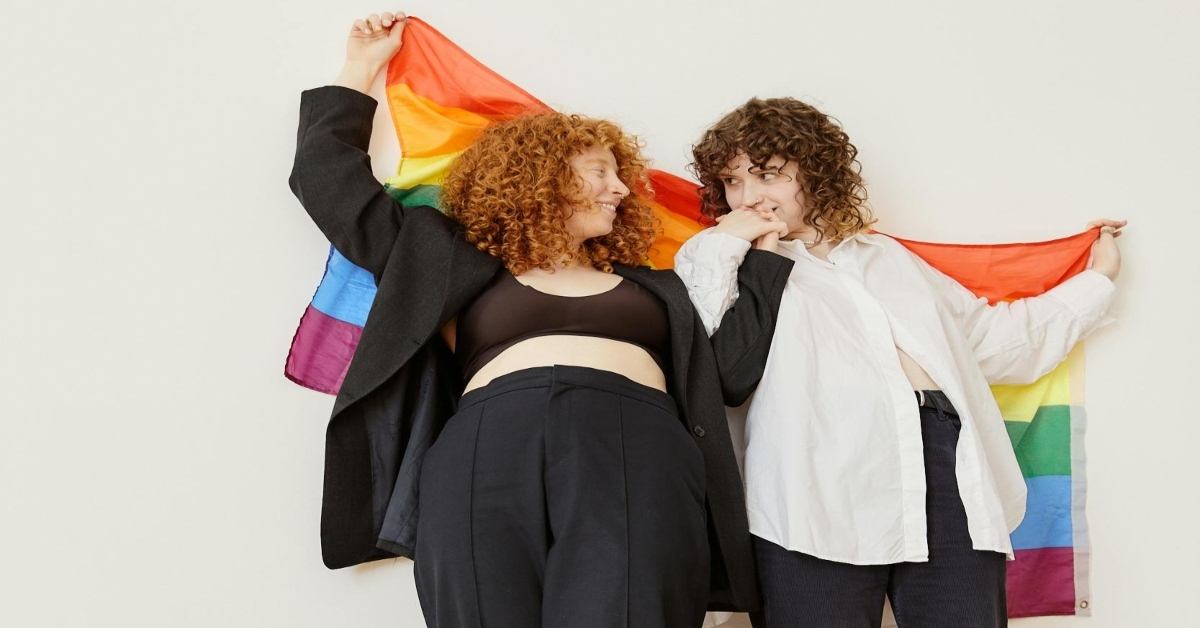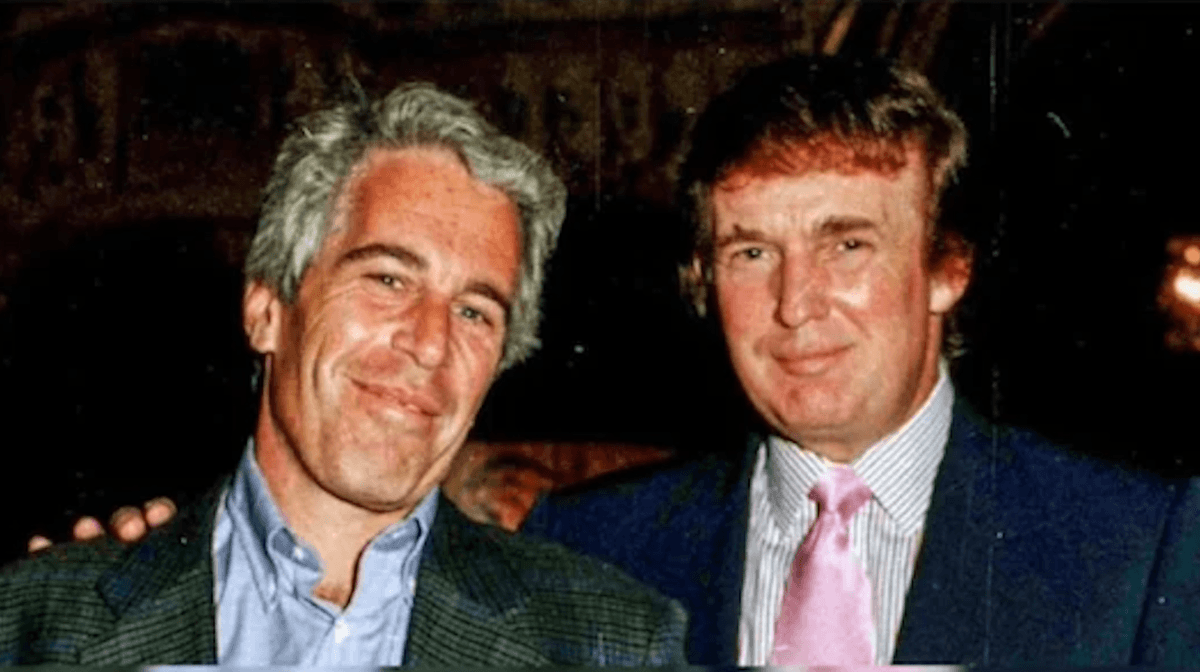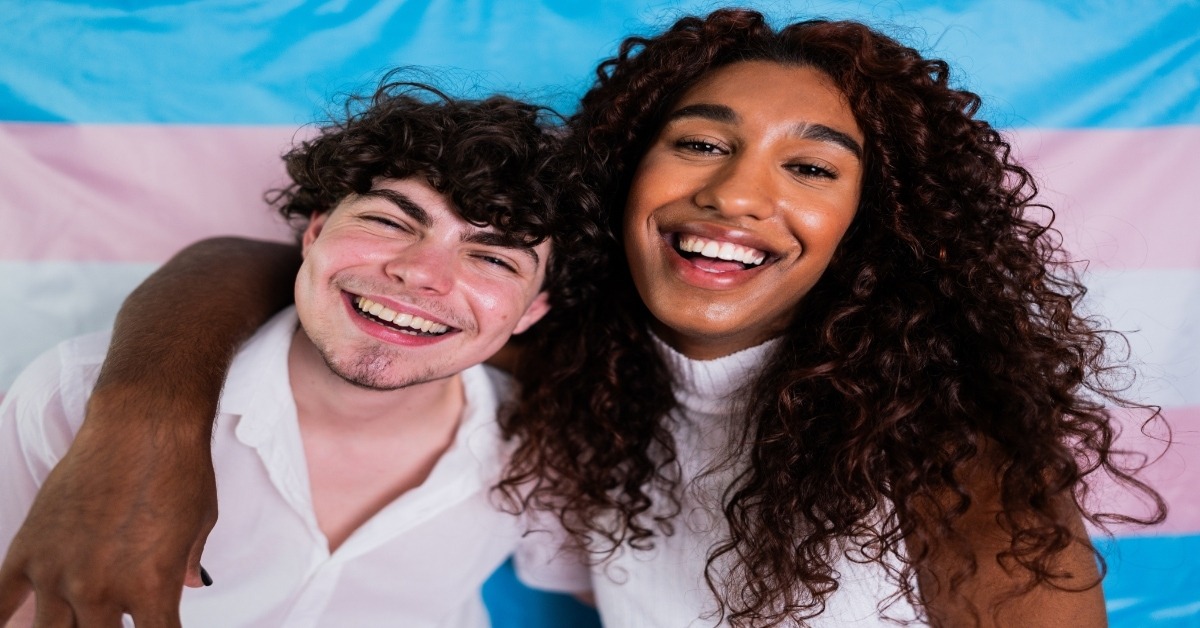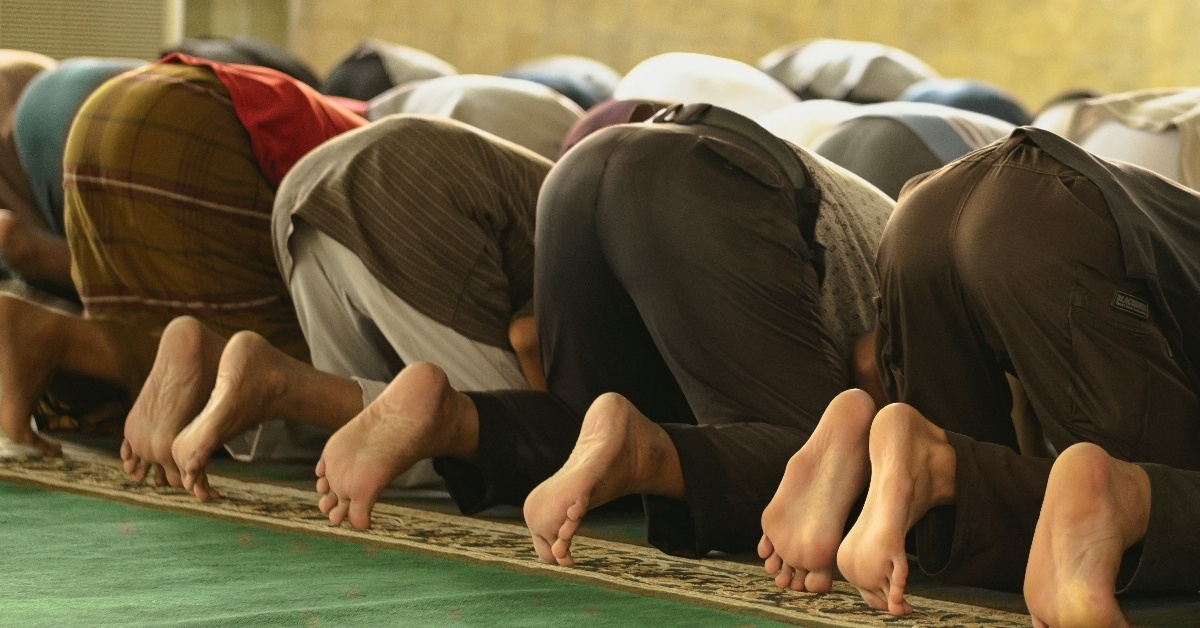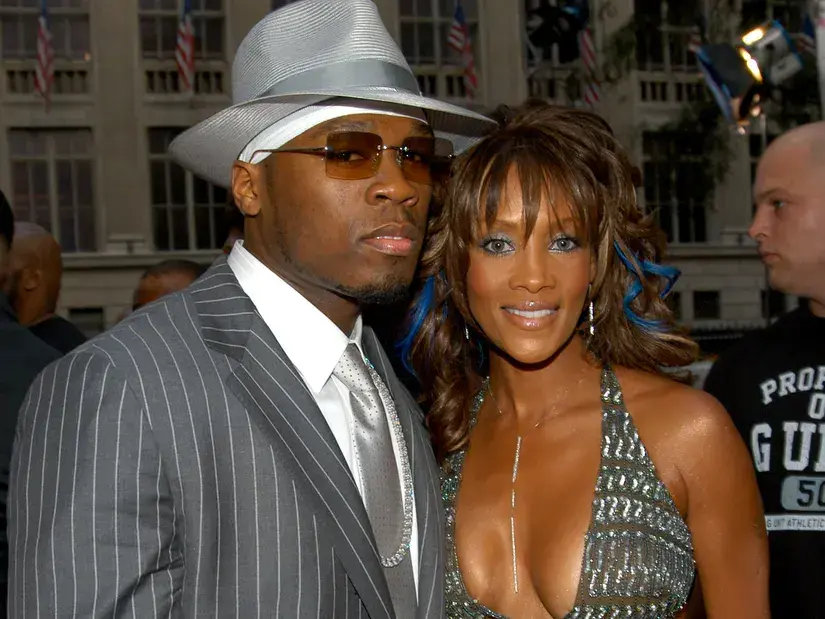BY: Nyla Stanford
Published 2 months ago
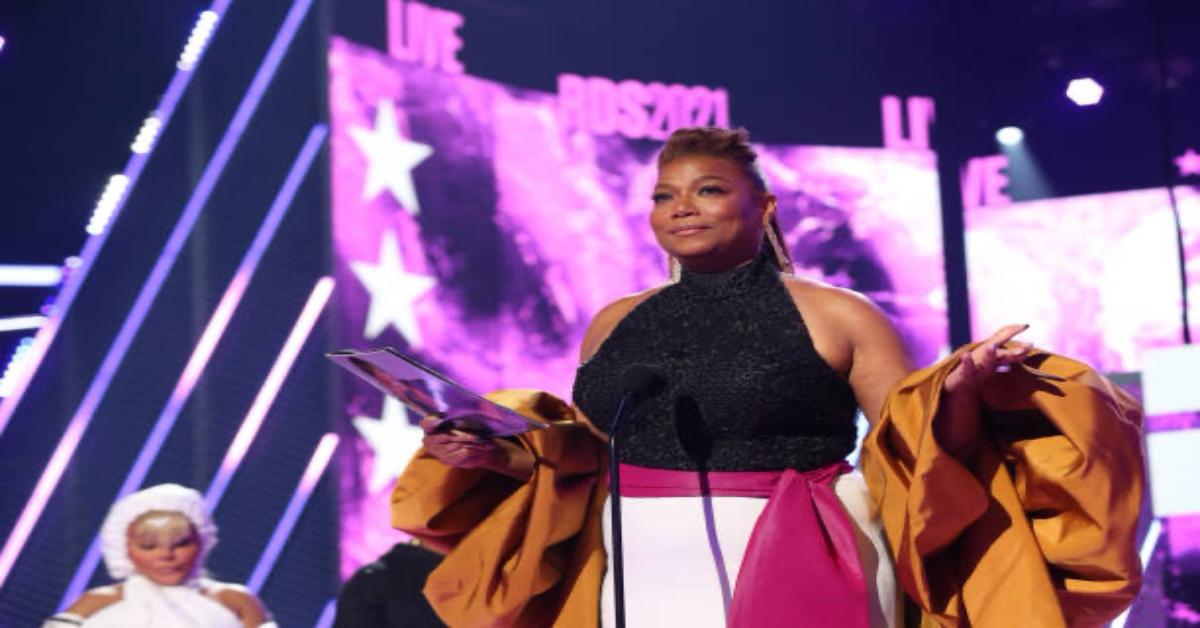
Despite its radicalization of creating a subculture for Black Americans during a time when social unrest was constant, hip-hop can be a boys’ club. The roots of homophobia and misogyny in hip-hop culture are engraved in many classic hits. However, queer women of the rap game haven’t let this deter them.
Since the late 1980s, LGBTQIA+ female rappers have made their presence known in the rap battle scene. From Queen Latifah, a pioneer in music for the unification of feminism, to contemporary artists like Young M.A, who have opened doors for the representation of queer identity, the range of LGBTQIA+ female rappers is endless.
In honor of the LGBTQIA+ female rappers making strides, we’ve compiled a list of some of our favorite trailblazers and newcomers who continue to make hits and cultural shifts.
1. Queen Latifah
Queen Latifah began her early days as a beatboxer with the girl hip-hop group Ladies Fresh. Her musical ability quickly translated over into lyrical splendor with her recording of her first single, “Wrath of My Madness.” From that moment, she used her musical platform to speak on specifically Black women’s issues, such as domestic violence and street harassment. Latifah’s dedication to speaking for women earned her a Best Rap Solo Performance Grammy for the “U.N.I.T.Y.” song on her third album, “Black Reign.” She never expressed much about her sexuality in her career, often stating she didn’t need to share her personal life. However, during her acceptance of the BET Lifetime Achievement award, she acknowledged her longtime partner Eboni Nichols and their son, Rebel. Since then, they have graced carpets and reminded us of the beauty of living authentically and out loud.
2. Da Brat
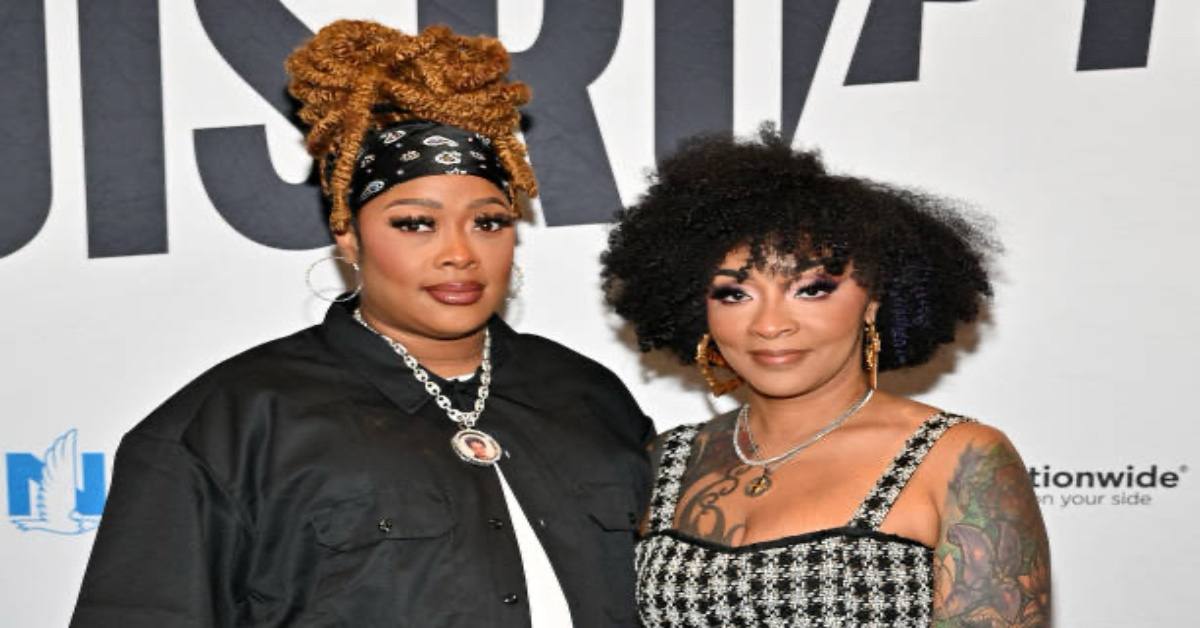
Da Brat’s career and hip-hop stardom were inevitable with her debut 1994 album, “Funkdafied“, going platinum. And she was the first female rapper to do so. Her larger-than-life style, coupled with methodic beats and high-profile features, made her the go-to during the 90s. Her long-term friendship with Mariah Carey and Jermaine Dupri earned her numerous hits, including “Honey (So So Def mix)” and “Sock It 2 Me”.
While her career was booming, the openness and clarity of her love life were shadowed with fear and shame. “My grandmother has passed away, but she was sanctified. I would not want anyone in the church to judge her because of what I do. You never want to hurt the people that raised you; you don’t want to disappoint them,” Da Brat told Variety. She felt coming out during her heyday in such a hetronormative industry would end her career and lose all her fans. However, since announcing her relationship with Jesseca Dupart, Da Brat has expressed gratitude for being able to share her life with her fans and serving as an inspiration to aspiring female rappers.
3. Young M.A
Young M.A. came into the industry swinging and has no qualms about who she is. As a modern female rapper, she wasn’t afraid of the backlash that would come with standing in her identity. And she touts that proudly in her lyrics. In 2016, she had the song of the summer, “ooouuu,” and it wouldn’t escape the radio. Undoubtedly, what makes Young M.A stand out among the others is her androgynous physical appearance, which affirms her queerness. Her coming to terms with who she is wasn’t always an easy road. As a high schooler, she downplayed her queerness to her mother and even referred to going to her local Pride parade as “no big deal”. Now she is so secure, she expressly doesn’t use labels. She knows exactly who she is.
4. Doechii
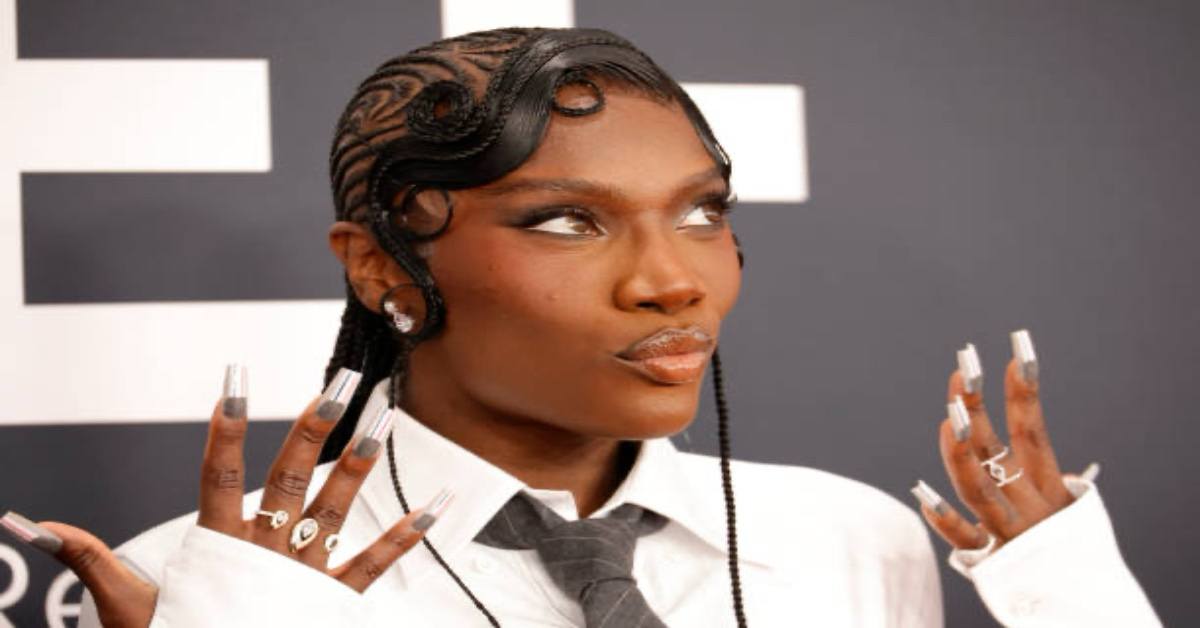
Doechii’s entire persona and career have been about complete transparency, evolution, and growth. Her musical journey began with her first SoundCloud single and her debut EP, which featured the viral TikTok song “Yucky Blucky Fruitcake.” Her infectious flow garnered her a worthy cult following, eager for whatever she would release next. And on Doechii’s agenda? Her sobriety and her newest partner. A part of this growth came from her ability to remove the drugs and alcohol from her environment to see herself clearly. Through that clarity, she has come to recognize that she has always loved women. However, growing up as a Black woman in the South can be a severe damper on the ability to express that queerness.
“It wasn’t until I went to a performing arts school that there were a lot of gay people at my school. Once I had gay friends, it was like ‘OK, I can be myself, I’m good, I can feel safe, this is normal, I’m fine, everything is OK.” Docheii (incorrect spelling)told the Gay Times. Now, in her latest album, “Alligator Bites Never Heal,” she gets the chance to let loose and let performance take over.
5. Chika
As a dark-skinned Black woman from Alabama, Chika knows a thing or two about using her platform for the good of others. While many LGBTQIA+ female rappers don’t inherently cement politics in their music, Chika boldly uses her lyrics as a sword to slice through homophobia, racism, misogyny, and fatphobia. However, the public can’t seem to decipher between a political statement and showing the human side of herself.
In 2019, she released a music video for her single “Can’t Explain it” with a queer interpretation of the hit show “A Different World” featuring her latest girlfriend. The issue that concerns artists who are explicitly queer in their art is the loss of human connection. “For me, I know a lot of people ask, ‘Did you do that on purpose?’ It’s like, ‘Of course! I’m gay!’ That was my girl at the time. If I’m going to put someone I love in the video, it’s going to be an accurate reflection of my life. If people take it as a statement, great. Ultimately, I’m just being a human and sharing who I am.” Chika told the Gay Times.
What music do you love from the artists above? Who are the LGBTQIA+ female rappers you’ve discovered recently? Comment below!
